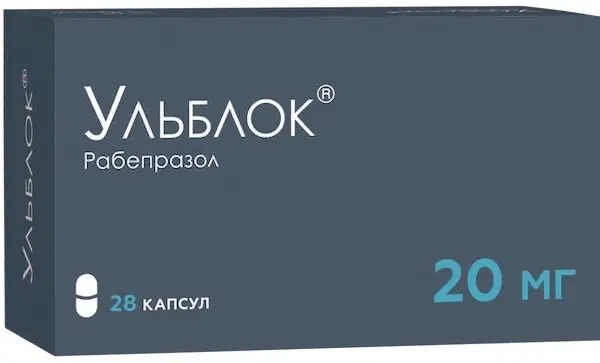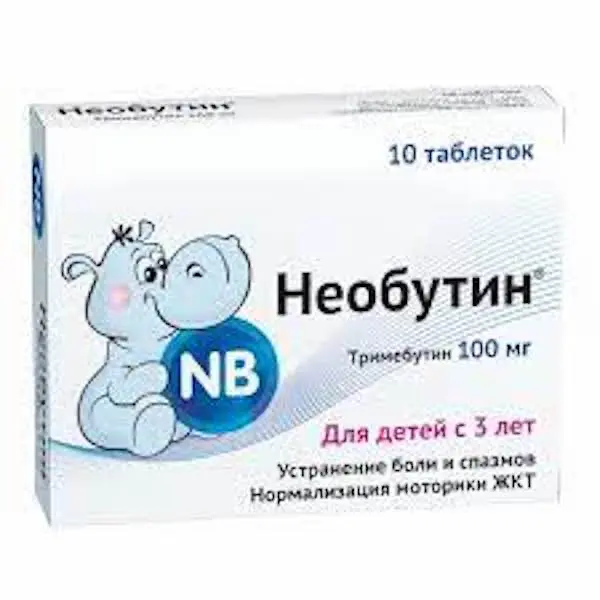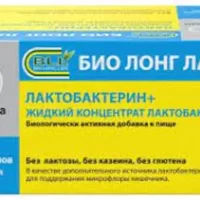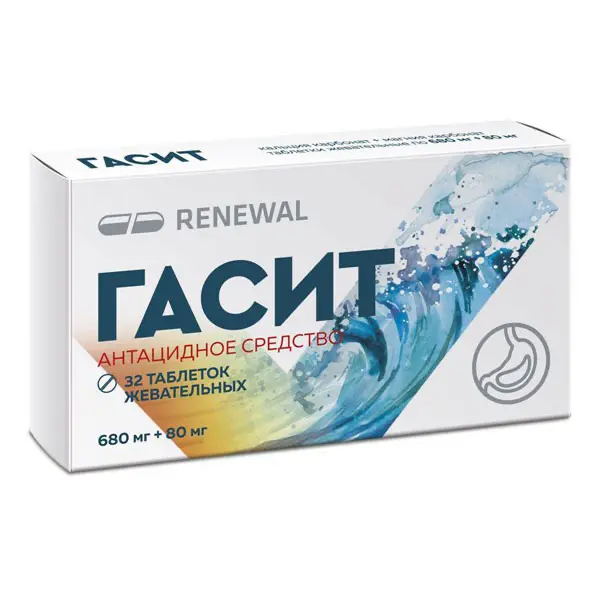Description
Ulblock Pharmacodynamics
Mechanism of action
Rabeprazole belongs to the class of antisecretory agents, benzimidazole derivatives. Suppresses gastric juice secretion by specific inhibition of H+/K+-ATPase on the secretory surface of gastric parietal cells.
Blocks the final stage of hydrochloric acid secretion by reducing basal and stimulated hydrochloric acid secretion, regardless of the nature of the irritant.
Possessing high lipophilicity, easily penetrates into the parietal cells of the stomach, concentrates in them, having cytoprotective effect and increasing the secretion of hydrocarbonate.
Antisecretory action after oral administration of 20 mg of rabeprazole, occurs within 1 hour, reaching a maximum after 2-4 hours. Inhibition of basal and food stimulated secretion of hydrochloric acid in the stomach in 23 hours after the first dose of rabeprazole is 62% and 82% respectively, and lasts up to 48 hours. If rabeprazole is discontinued, secretory activity is restored within 1-2 days.
Effect on plasma gastrin concentration
The results of clinical studies in which patients received 10 or 20 mg of rabeprazole daily for 43 months showed that during the first 2-8 weeks of therapy with rabeprazole, plasma concentration of gastrin increases (which is a reflection of the inhibitory effect on hydrochloric acid secretion) and returns to initial concentrations 1-2 weeks after its withdrawal.
Effect on enterochromaffin-like cells
No sustained changes in the morphological structure of enterochromaffin-like cells, in the severity of gastritis, in the frequency of atrophic gastritis, intestinal metaplasia or the spread of Helicobacter pylori infection were found during rabeprazole administration.
Other effects
No systemic effects of rabeprazole with respect to the central nervous, cardiovascular or respiratory systems have been detected at this time. It has been shown that rabeprazole at an oral dose of 20 mg for 2 weeks has no effect on thyroid function, carbohydrate metabolism, blood concentration of parathyroid hormone as well as on the concentration of cortisol, estrogen, testosterone, prolactin, glucagon, follicle stimulating hormone, luteinizing hormone, renin, aldosterone and somatotropin hormone.
Indications .
Symptoms of dyspepsia associated with increased gastric acidity, including symptoms of gastroesophageal reflux disease (heartburn, acid reflux).
Contraindications
– Hypersensitivity to rabeprazole, substituted benzimidazoles or excipients of the drug;
– pregnancy, breast-feeding (see section “Administration during pregnancy and breast-feeding”);
– children under 18 years of age;
– Sucrose/isomaltase deficiency, fructose intolerance, glucose-galactose malabsorption.
Caution:
Severe renal insufficiency, severe hepatic insufficiency.
Dosage and administration
- Orally, swallow the capsule whole without chewing. It has been found that neither time of day nor simultaneous food intake affect the activity of rabeprazole.
- Acute gastric ulcer and anastomosis ulcer
- 10 mg or 20 mg once daily, in the morning. In most patients healing occurs after 6 weeks of therapy, but in some cases the duration of therapy may be extended for another 6 weeks.
- Duodenal ulcer in
- exacerbation
- It is recommended to take Ulblock® 20 mg 1 time per day. In some cases the therapeutic effect occurs when taking 10 mg once a day. Duration of therapy is from 2 to 4 weeks. If necessary, the duration of treatment may be further
- increased by 4 weeks.
- Erosive and ulcerative gastroesophageal reflux disease
- (GERD) or reflux esophagitis.
- It is recommended to take Ulblock® 10 mg or 20 mg once daily. Duration of therapy is 4 to 8 weeks. If necessary, the duration of treatment may be further increased by 8 weeks.
- During maintenance therapy of gastroesophageal reflux disease, it is recommended to take Ulblock® 10 mg or 20 mg once daily. The duration of therapy depends on the patient’s condition.
- In non-erosive gastroesophageal reflux disease without esophagitis, it is recommended to take 10 mg or 20 mg once daily. If after 4 weeks of treatment it is not possible to achieve control of symptoms, further examination of the patient is necessary. After symptom control to prevent further onset of symptoms, an oral dose of 10 mg once daily should be administered.
- For therapy of Zollinger-Ellison syndrome or other conditions characterized by pathological hypersecretion, the drug dose is chosen individually. The initial dose is 60 mg per day, then the dose is increased and the drug is used in a dose of up to 100 mg per day at a single dose or 60 mg twice a day. For some patients, fractional dosing is preferable. Treatment should be continued as clinically necessary. In some patients with Zollinger-Ellison syndrome the duration of rabeprazole therapy was up to one year.
- For eradication of Helicobacter pylori it is recommended to take 20 mg 2 times per day according to a certain scheme with an appropriate combination of antibiotics. The duration of therapy is 7 days.
- Patients with impaired renal and/or hepatic function
- No dose adjustment is required in patients with impaired renal function.
- In patients with mild to moderate hepatic impairment the concentration of rabeprazole in blood is usually higher than in healthy patients.
- Caution should be exercised when using the drug Ulblock® in patients with severe hepatic insufficiency.
- Elderly patients.
- No dose adjustment is required.
- Children
- The safety and efficacy of rabeprazole in children aged 12 years and older has been established for the short-term treatment of GERD. The recommended dose for children aged 12 years and older is 20 mg once daily for up to 8 weeks. Safety and efficacy for other indications have not been established for children under 18 years of age.





